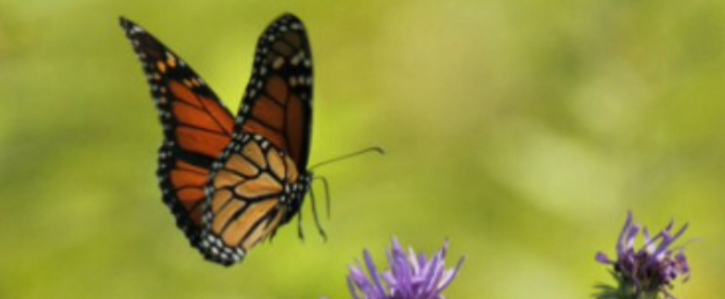1,000 signatures reached
To: Edinburgh City Council
Pesticide Free Edinburgh

End the spraying of pesticides across Edinburgh.
Why is this important?
Edinburgh City Council use pesticides for weed control on our streets, pavements, parks, playgrounds, around schools, cemeteries and green spaces.
Pesticide use has multiple harmful effects on human and animal health and causes environmental pollution and degradation. The notorious chemical Glyphosate is used here in Edinburgh and has been linked to cancer in humans and animals (has recently been in the news with landmark lawsuits in the USA with thousands more awaiting trial). Direct contact with any pesticide can cause acute short term health problems such as respiratory tract irritation, allergic sensitisation, nausea/vomiting/diarrhoea, seizures, headache and loss of consciousness. Children are more at risk than adults due to their age and also their behaviour, for example, investigating nature, crawling and playing on grass and spending time in areas such as playgrounds and parks where pesticides are used. Dogs and cats are particularly vulnerable too due to their close proximity to the ground. Pesticides have also been shown to have a damaging effect on bee populations and other pollinators which are currently in steep decline and need all the help they can get.
Many other towns and cities across the world have made the decision to go pesticide-free, using methods such as hot-foam, flame weeding, scraping, acetic acid solution and accepting a certain level of ‘weediness’. In the UK, Glastonbury, Lewes, Wadebridge and some London Boroughs are pesticide-free, proving that it can be done. The residents of Cherrytree in Balerno petitioned the council successfully to stop applying Glyphosate in their area because of the health risks of chemical exposure.
We therefore call on Edinburgh City Council to put an end to all pesticide use in all of Edinburgh, using safe alternatives instead, protecting our health and the health of our environment.
Pesticide use has multiple harmful effects on human and animal health and causes environmental pollution and degradation. The notorious chemical Glyphosate is used here in Edinburgh and has been linked to cancer in humans and animals (has recently been in the news with landmark lawsuits in the USA with thousands more awaiting trial). Direct contact with any pesticide can cause acute short term health problems such as respiratory tract irritation, allergic sensitisation, nausea/vomiting/diarrhoea, seizures, headache and loss of consciousness. Children are more at risk than adults due to their age and also their behaviour, for example, investigating nature, crawling and playing on grass and spending time in areas such as playgrounds and parks where pesticides are used. Dogs and cats are particularly vulnerable too due to their close proximity to the ground. Pesticides have also been shown to have a damaging effect on bee populations and other pollinators which are currently in steep decline and need all the help they can get.
Many other towns and cities across the world have made the decision to go pesticide-free, using methods such as hot-foam, flame weeding, scraping, acetic acid solution and accepting a certain level of ‘weediness’. In the UK, Glastonbury, Lewes, Wadebridge and some London Boroughs are pesticide-free, proving that it can be done. The residents of Cherrytree in Balerno petitioned the council successfully to stop applying Glyphosate in their area because of the health risks of chemical exposure.
We therefore call on Edinburgh City Council to put an end to all pesticide use in all of Edinburgh, using safe alternatives instead, protecting our health and the health of our environment.

